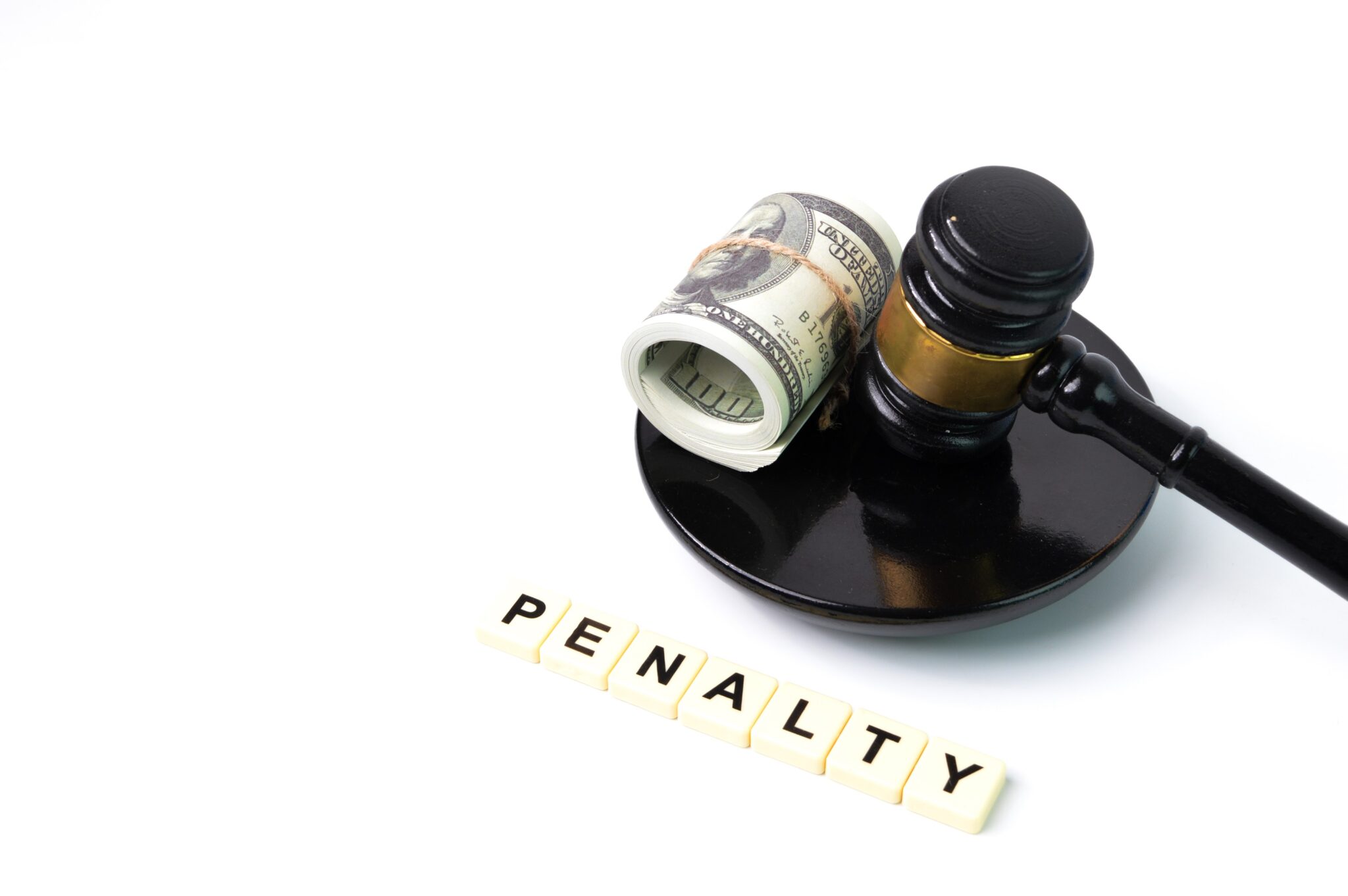SELF-DEFENSE LAWS IN THE STATE OF MISSOURI
Under Missouri Revised Statute RSMo 563.031, you are generally justified in using physical force—including deadly force—to protect yourself or others if you reasonably believe it is necessary to prevent death, serious physical injury, or a felony.
-
No Duty to Retreat: Missouri is a “Stand Your Ground” state. If you are in a place you have a right to be, you are not required to retreat before using force.
-
Castle Doctrine: You have no duty to retreat if you are in your home or your vehicle.
Disclaimer: Self-defense cases are complex and highly dependent on specific facts. Consult with a qualified Kansas City criminal defense attorney immediately if you have been involved in such an incident.
Self-defense is one of the most important legal protections available to Missouri residents. The law recognizes that you have the right to protect yourself, others, and in certain cases, your property. However, that right is not unlimited. Misunderstanding Missouri’s self-defense rules can lead to criminal charges, even if you believed you were acting to protect yourself.
If you’re facing assault charges in Kansas City and are unclear on the details of what constitutes “self-defense” in the state of Missouri, call our expert Missouri criminal defense attorneys today. We can help you understand your options. Don’t face the justice system alone.
MISSOURI’S SELF-DEFNESE LAWS
Missouri’s self-defense statute (RSMo 563.031) allows a person to use physical force against another if:
- They reasonably believe it is necessary to protect themselves or someone else from the use or imminent use of unlawful force; and
- Their belief is based on objective circumstances, not just fear or speculation.
This means that self-defense depends on what an average person in your situation would have believed, not just what you personally felt.
Non-Deadly Force: Non-deadly force refers to actions that are unlikely to cause death or serious physical injury, such as shoving, restraining, or blocking someone.
You may use non-deadly force in Missouri when you reasonably believe it’s necessary to prevent unlawful physical force against yourself or someone else. Examples include:
- Pushing someone away who is trying to punch you.
- Pulling a friend out of a fight to prevent injury.
However, the force must be proportional. If someone insults you but doesn’t physically threaten you, hitting them could be considered assault, not self-defense.
Deadly Force: Missouri law allows deadly force — force likely to cause death or serious injury — only in more limited circumstances. You may use deadly force if you reasonably believe it is necessary to protect yourself or another from:
- Death
- Serious physical injury
- A forcible felony (robbery, burglary, kidnapping, sexual assault, etc.)
This is sometimes called Missouri’s “Stand Your Ground” rule, which means you do not have a duty to retreat before using deadly force if you are somewhere you are legally allowed to be.
Common Misconceptions of Self-Defense in Missouri
-
Misconception: “I can use deadly force to protect my property.”
-
Misconception: “If I am breaking the law, I can still claim self-defense.”
WHAT IS “THE CASTLE DOCTRINE”?
Missouri also recognizes the “Castle Doctrine”, which gives you added legal protections inside your own home, vehicle, or other property you lawfully occupy.
If someone unlawfully enters or attempts to enter, Missouri law presumes you have a reasonable fear of death or serious injury. In these cases, using deadly force can be legally justified without having to prove the threat in detail.
Examples where the Castle Doctrine may apply:
- A stranger breaking into your home at night.
- Someone attempting to force open your locked car door while you are inside.
However, this doctrine is not unlimited. If an intruder is fleeing or poses no immediate threat, using deadly force could still result in criminal charges.
Near the RSMo 563.031 reference: “This statute is strictly enforced by Jackson County Prosecutors and evaluated closely by Missouri Circuit Court judges in the Kansas City area.”
WHEN FORCE IS NOT JUSTIFIED
There are clear situations where Missouri law does not consider force to be legally justified:
- If you started the fight (unless you withdraw and the other person continues the threat).
- Against a law enforcement officer performing official duties, if you know or reasonably should know they are an officer.
- If deadly force is used without a reasonable belief of imminent danger or a forcible felony.
LEGAL CONSEQUENCES FOR “ACTING IN SELF-DEFENSE”
Even if you believe you acted in self-defense, police and prosecutors may see the situation differently. If they determine your actions were not legally justified, you could face:
- Assault charges (ranging from misdemeanors to felonies).
- Manslaughter or murder charges if someone dies.
- Civil lawsuits from the injured party or their family.
Missouri’s self-defense laws give you strong rights — but they also place the burden on you to show that your actions were reasonable.
Protecting Yourself Legally: If you are ever involved in a self-defense incident:
- Call 911 immediately and report the incident.
- Avoid making detailed statements to police before speaking with an attorney.
- Contact an experienced Missouri criminal defense lawyer as soon as possible.
Your statements and actions in the minutes after the incident can heavily influence whether you face charges.
CALL KC DEFENSE COUNSEL TODAY AND LET US BUILD YOUR DEFENSE
Missouri’s self-defense laws — including Stand Your Ground and the Castle Doctrine are designed to protect people who face real, immediate threats. But these laws also have clear limits. Misinterpreting when force is allowed can turn a defensive act into a criminal case.
In the conclusion: “If you are facing charges despite acting in self-defense in Clay County or Jackson County, you need a dedicated defense counsel who understands local court precedents.”
If you’ve been charged after defending yourself in the state of Missouri, the stakes are high. KC Defense Counsel has extensive experience defending clients in self-defense cases across Missouri. We understand the law, the strategies prosecutors use, and how to protect your rights in court.
Contact KC Defense Counsel today for a free case evaluation and let us help you build a strong defense. Our affordable Kansas City criminal defense lawyers can help.
Cities we serve: Adrian, Archie, Bates City, Belton, Blue Springs, Buckner, Butler, Cameron, Claycomo, Cleveland, Drexel, Fairview, Ferrelview, Gladstone, Grain Valley, Grandview, Greenwood, Houston Lake, Independence, Kansas City Missouri, Kearney, , Knob Noster, Lake Lotawana, Lake Tapawingo, Lake Waukomis, Lake Winnebago, Lawson, Lee’s Summit, Liberty, North Kansas City, Oak Grove, Oakview, Parkville, Peculiar,, Platte City, Platte Woods, Plattsburg, Pleasant Hill, Raymore, Raytown, Riverside, Smithville, Sugar Creek, Tracy, Warrensberg, Weatherby Lake, and Weston.
Statewide: Missouri State Highway Patrol and Sheriff Counties we serve: Bates County, Cass County, Clay County, Jackson County, Platte County, Ray County.
Contact our experienced Kansas City traffic defense lawyers near me in Missouri and let us help begin building your defense. Let us help.
Disclaimer: This page is for informational purposes only and does not create an attorney-client relationship. Always consult qualified counsel regarding your unique situation.




















